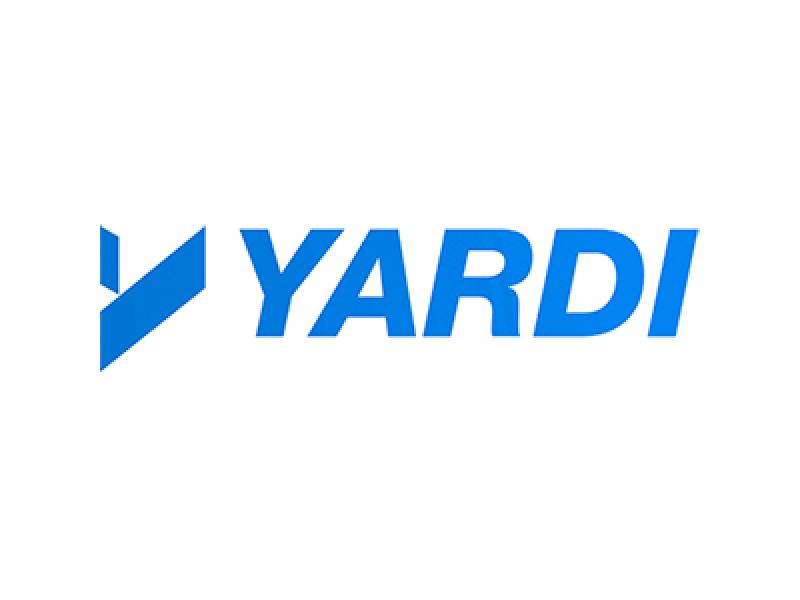As Canadians continue to follow the precautions recommended by Health Canada and provincial governments, it’s unclear how the real estate industry will operate post-COVID-19. Will a new normal emerge? How will this impact tenants, office culture, and overall growth of the economy?
Technology will play a significant role in helping CRE owners overcome these challenges. While tech adoption in this industry has traditionally been conservative, this pandemic is leaving owners with no other choice but to be agile or risk permanent closure.
Here is how to use tech for successful business recovery afterward.
Streamline rent deferrals and payments
The forced shutdown of non-essential businesses has increased financial pressures for many Canadians. Landlords quickly became overwhelmed with urgent rent deferral requests but were committed to assisting tenants who needed support.
Lease amendments are a common way to help manage lease deferral requirements and payment schedules. Adhering to a proper set up to manage rent deferrals and payments lead to accurate business processes and reporting. With the addition of an online payment portal, landlords can offer their tenants payment options fully integrated into their accounting solutions to ensure timely and accurate collections.
Communicate on all channels
Temporary closures are on the rise because of the lack of communication with tenants, staff, and vendors. Microsoft Teams, Zoom, and GoToMeeting are popular solutions for keeping employees connected; however, these tools do not support all business activities.
Online portals that integrate communication, payment processing, and vendor management are widely adopted to help maintain business continuity. These portals allow tenants to stay connected with property staff, make payments, coordinate mail, and deliveries and submit maintenance requests. Critical documents such as tenant leases, emergency evacuation plans, and tenant handbooks should also be made accessible through these solutions.
Vendors, on the other hand, can reduce touchpoints by electronically uploading documents such as invoices, work orders, and purchase orders. They can also use the portal to notify clients of reduced business hours, potential delays, and provide safe online alternatives to cheque payments.
Simplify energy decision making
Building operators are finding a need to improve their energy consumption strategy as a means of financial savings. While this issue, logically, was not top of mind as the pandemic began, it is now coming to light as a way to cut costs significantly. Some building owners may have partially successful energy strategies, but without real-time reporting and visibility throughout their entire portfolio, owners can only gather a partial view of data consumption and areas to shave costs.
The solution is to manage energy consumption and performance on a platform with real-time metering data at a glance. Accessing live data allows you to quantify energy usage during periods of new operating hours and reduced staff and visitors. Areas to focus on are modified equipment schedules to reflect new hours, adjusting HVAC settings to new occupancy levels, and optimizing lighting in unoccupied areas.
This data is crucial for re-evaluating budgets, projecting long-term energy costs, and validating billing accuracy. You’ll be able to spot outliers in data and verify actual usage compared to your utility billing.
Mitigate staff and tenant risk
With phased reopening plans starting as early as mid-May, the focus is on maintaining employee and tenant safety and well-being. Major corporations like Facebook and Google have extended work from home policies until 2021, but this is not a viable option for all businesses. For those returning to the office, companies will need to modify how their employees enter and leave the building. Facility managers will be expected to enhance levels of sanitation and restrict building access to reduce future outbreaks.
Implementation of tenant-based portals integrated with mobile technology will empower tenants and staff with the solutions to seamlessly navigate work requests and onsite staff performance. On the procurement side, online MRO catalogs allow landlords in an integrated environment to procure goods efficiently, control costs, streamline order processes, and facilities management solutions.
The implementation of tenant portals, facility management, and procurement solutions gives landlords the technology needed to provide streamlined services while controlling costs and ensuring tenant satisfaction.
Overall, it requires everyone to do their part not only to reduce the spread of the virus but to maintain a sense of normalcy as best as possible. Whether it’s something as basic telecommuting or something as complex as reviewing network security and infrastructure, having a single connected platform allows collaboration between teams, business continuity, and onboarding new talent.
**Everyone should conduct their planning based on their specific location and circumstances. While we are dedicated to providing general information to our clients, it is not intended to be healthcare or legal advice. Please consult appropriate government agencies and authorities, as well as healthcare and legal professionals.
About Yardi
Yardi® develops and supports industry-leading investment and property management software for all types and sizes of real estate companies. Established in 1984, Yardi is based in Santa Barbara, Calif., and serves clients worldwide. For more information on how Yardi is Energized for Tomorrow, visit yardi.com.











